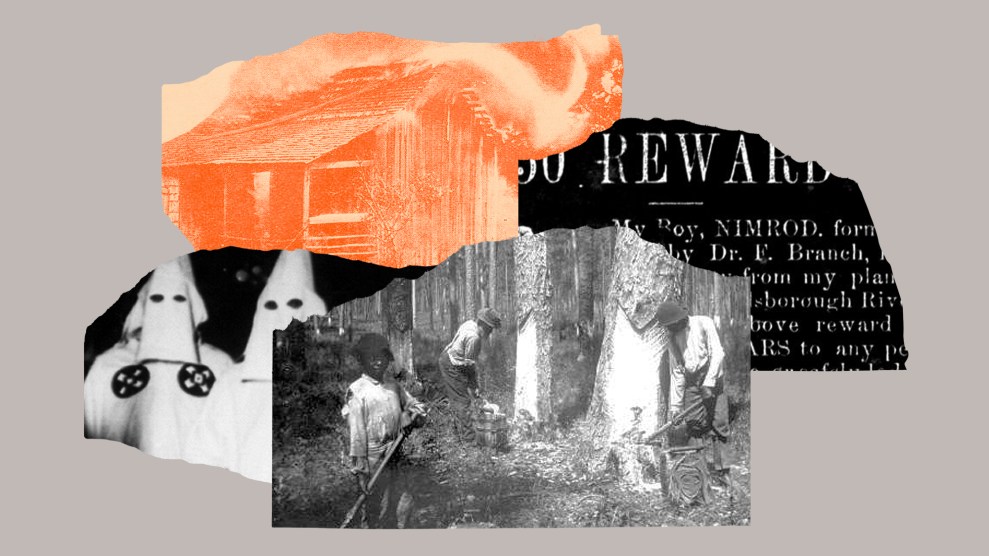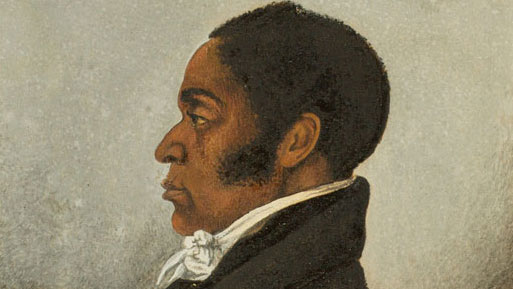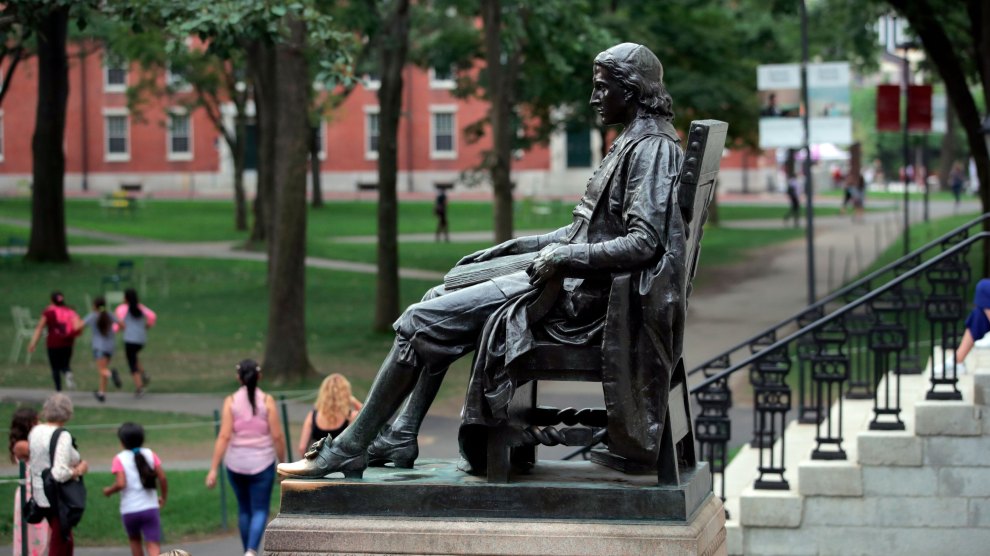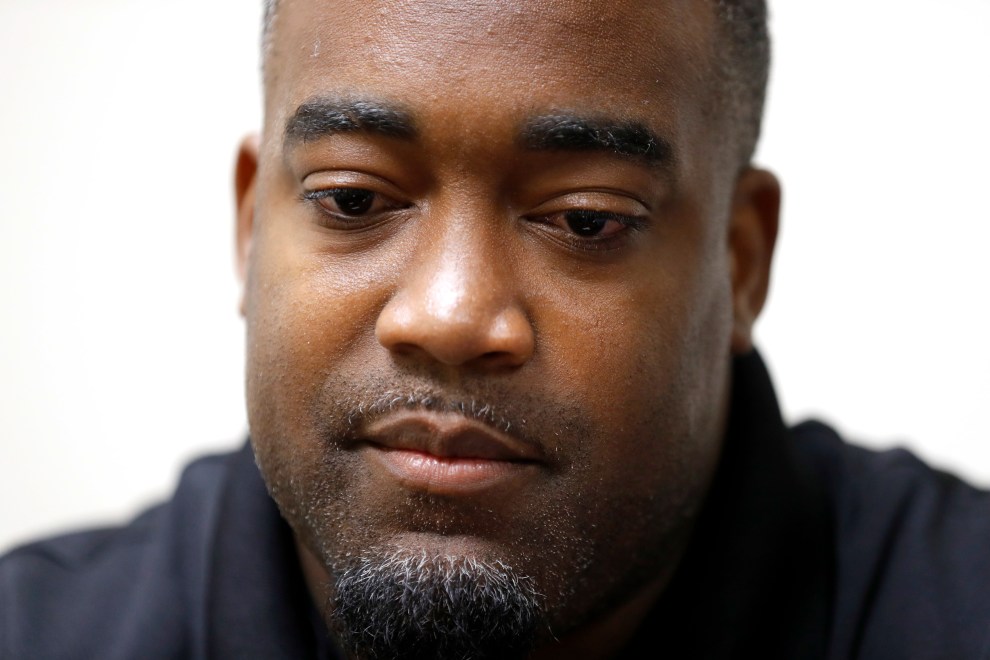
Mother Jones illustration; Wikimedia
Upon learning that Florida’s new K-12 curriculum standards require teaching middle-schoolers that enslaved people “developed skills which, in some instances, could be applied for their personal benefit,” I tweeted, facetiously, “Hey, this slavery thing sounds swell! A great learning experience—with free room and board.”
The “personal benefit” provision was one of two stunningly tone-deaf requirements related to the teaching of Black history. The other, as noted by my colleague Arianna Coghill last week, was that “instruction for high school students about several race massacres, including the 1921 bombing of Black Wall Street and the 1920 Ocoee Massacre, must include acts of violence perpetrated by African-Americans.”
This is hard to fathom, given the widespread anti-Black violence and lynchings of the Jim Crow era. Florida, the Panhandle in particular, was notorious Klan country. The implication that Black communities should be held accountable for resisting murderous white mobs bolsters a phony “both sidesism” and flies in the face of the self-defense rights white Floridians love to champion. Florida is the state, recall, where Stand Your Ground laws—which are especially problematic for Black people—first took hold.
But back to slavery’s alleged benefits. Responding to the backlash, two members of the group that crafted the guidelines defended the provision, calling it “factual and well documented.” (Never mind that many of the examples they cited to demonstrate this were embarrassingly off the mark.)
Yes, of course slavery involved tasks that required the acquisition of skills other than grunt labor, and that might have been useful later. But it’s also factual and well documented that human beings walk and talk and breathe air. So to make teachers point out the former out reeks of the proverbial lipsticking of a pig.
You know who benefited from slavery? White people. That was the point.
Free Black people had far greater opportunities to build skills than their enslaved counterparts did—and skills of their own choosing. They also were free to pursue book learning at a time when it was literally illegal for whites to teach enslaved people to read and write.
What’s more, after emancipation, the former Confederate states crafted new constitutions—later dubbed “Black codes”—that strictly limited the ability of emancipated slaves to apply whatever skills they’d serendipitously acquired while enslaved.
“Like most southern whites, a majority of the citizens of Florida were racists. They generally considered the Negro inferior and criminally inclined; he was untruthful, disposed to steal, and fearfully licentious,” wrote Florida State University historian Joe Richardson in “Florida Black Codes,” a 1968 journal article.
The attendees of Florida’s 1865 constitutional convention relied heavily on a three-man committee tasked with recommending provisions “relating to the freedmen,” Richardson wrote. “After praising the institution of slavery and reminding the legislature that it had been destroyed without their concurrence, the committee members recommended legislation which would ‘preserve as many as possible’ of the ‘better’ features of slavery.” State lawmakers took most of their advice, he added.
Florida’s “Stop Woke” law, which Gov. Ron DeSantis championed and signed in April 2022, stipulates that no school employee may compel students to believe, on the basis of their race (or sex or national origin, etc), that they “bear responsibility for and must feel guilt, anguish, or other forms of psychological distress because of actions committed in the past by other member of the same race” or sex (etc).
I mean, no decent teacher tells students how they’re supposed to feel. But Florida students who want to understand their history, past and recent, might want to peruse the provisions that state lawmakers—white men all—put into place shortly after emancipation.
Florida’s constitution, enacted in 1865, started by proclaiming that all “freemen…have certain inherent and indefeasible rights, among which are those of enjoying and defending life and liberty; of acquiring, possessing and protecting property and reputation, and of pursuing their happiness.” It then went on to stomp on the social and economic rights of Black people.
Political ambition was out of the question: No person shall be a state representative or senator, the document reads, “unless he be a white man.”
In addition, “the testimony of colored persons shall be excluded” from criminal proceedings, except when they pertained to the victimization of a “colored person,” or to their “rights and remedies.” In such cases, “the jury shall judge the credibility of the testimony.”
Also note: “The Jurors of this State shall be white men.”
If a person is convicted of an offense calling for a fine and imprisonment only, the constitution said, “there shall be super-added, as an alternative, the punishment of standing in the pillory for one hour, or whipping, not exceeding thirty-nine stripes on the bare back, or both, at the discretion of the jury.”
Florida’s Black codes declared that “neither slavery nor involuntary servitude shall in future exist in this State, except as a punishment for crimes.” This sneaky exception, codified earlier the same year in the 13th Amendment to the US Constitution, would spawn a long and brutal regime of Black convict leasing in the South that Pulitzer-winning author Douglas Blackmon dubbed “Slavery by Another Name.”
The “desire for unpaid or poorly paid labor was widespread” in Florida, historian Joe Richardson noted. And state lawmakers met that desire by criminalizing perceived nuisance behaviors and relying on local officials to enforce the law selectively against Black people. “Every able bodied person who has no visible means of living, and shall not be employed at some labor to support himself or herself, or shall be leading an idle, immoral or profligate course of life, shall be deemed to be a vagrant,” the constitution declared.
A person arrested for vagrancy was “bound in sufficient surety for his or her good behavior and future industry for one year.” If convicted of violating this model-citizen pledge, or if they refused to accept it, the (Black) person faced up to a year of imprisonment or forced labor—or the pillory and/or whipping.
With a labor sentence, a local sheriff or officer of the court “shall hire out such person…and the proceeds of such hiring shall be paid in to the county Treasury.” Convicts were alternatively put to work “outside of the county jail by ball and chain of sufficient weight to prevent escape.”
Several sections of Florida’s Black codes were clearly designed to prevent former slaves from seeking retribution or claiming ownership of any aspect of the plantation operations their labors had made profitable:
- “The severance from the freehold of any agricultural production or fixture, or any part thereof, and the felonious taking and carrying away the same, shall be deemed and held to be larceny, and be punished as such.”
- To “excite an insurrection or sedition” or attempt “by writing, speaking, or by any other means…the person or persons so offending, shall be deemed to be guilty of a felony, and, upon conviction, shall suffer death.”
- Any person who “willfully and maliciously set fire to or burn any cotton, grain, fodder, hay, or other agricultural product” (or just about anything else) faced up to $1,000 in fines, up to six months in prison, or the pillory and/or whipping.
“It shall not be lawful,” the constitution further dictated, “for any negro, mulatto, or other person of color, to own, use or keep in his possession or under his control, any Bowie-knife, dirk, sword, fire-arms or ammunition of any kind,” without a license from the the county Judge of Probate. Violators were stripped of “all such fire-arms and ammunition” and pilloried or whipped—or both.
That pillory/whipping sentence also applied to any “negro, mulatto, or other person of color” (one-eighth Black) convicted of intruding upon “any religious or other public assembly of white persons, or into any railroad car or other public vehicle set apart for the exclusive accommodation of white people.” The same penalty applied for whites who intruded on Black assemblies, but good luck finding any prosecutor or jury willing to convict.
There were no prohibitions on white men seeking relations with Black women. But a white woman who attempted to “intermarry” or to “live in state of adultery or fornication with any negro, mulatto, or other person of color” (or vice versa) was subject to fines of up to $1,000 and three months in jail. Her Black lover was further subject to the pillory and the whip, while the woman was disqualified from her right to testify against any white person in court.
And so it went.
The new curriculum guidelines require the teaching of Black codes, although not Florida’s in particular. But teachers spooked by the prospect of being accused of racial discrimination and losing their job over a minor misstep—and knowing how easy it is to be misinterpreted—may refrain from giving their students the full monty.
The stakes are high for districts, too. After passing the Stop Woke law, state Republicans inserted language into a budget bill stipulating that institutions deemed in violation of the no-guilt rules would lose performance funding for the subsequent year. Violations, the legislation notes, will be substantiated by a court of law, the Board of Governors, or…“a standing committee of the Legislature.”
That last bit is the killer. As one Democratic Florida legislator told the Phoenix, a nonprofit news outlet, “That committee will be the judge, jury, and executioner.”

















